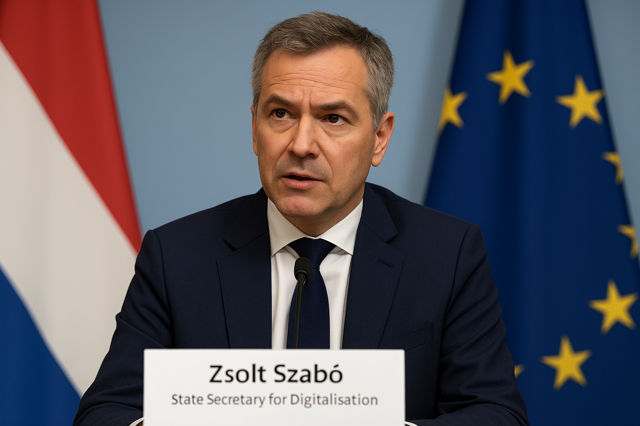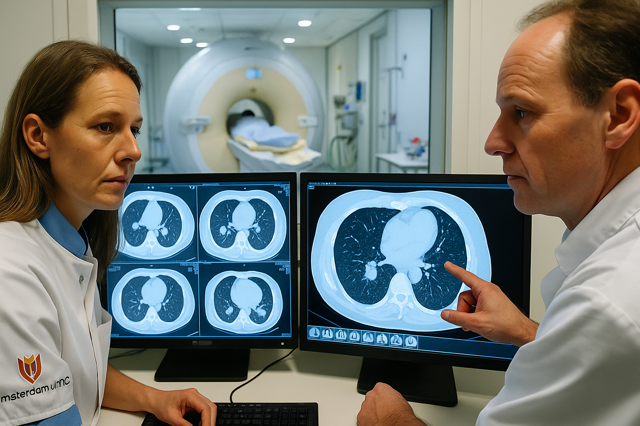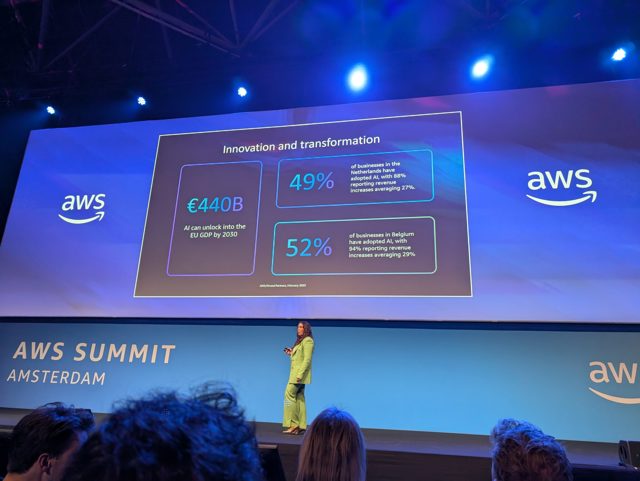April 23, 2025
Dutch government expands AI use, urges focus on European alternatives
Dutch government agencies will now have more freedom to use artificial intelligence in their work, with an emphasis on choosing European-built AI tools over international ones. State Secretary for Digitalisation Zsolt Szabó told NU.nl that while EU alternatives are still emerging, urgency is growing: “We won’t get there overnight.”
Szabó attributes the push to recent geopolitical shifts, including trade tensions under U.S. President Donald Trump. These changes have prompted a broader realisation in Brussels and across EU member states: Europe needs to invest in its own technological capabilities.
Currently, public servants may only use non-European models—like those from OpenAI—under strict conditions, including clear agreements about data retention and privacy safeguards. The government aims to avoid the risk of sensitive information being transferred to external entities.
The Dutch cabinet sees many practical applications for AI in the public sector. Policy staff can use AI to scan complex documents or speed up software development—a key area amid staff shortages. According to Szabó, AI should support civil servants in their tasks, not replace them.
The Netherlands’ strategy aligns with broader European efforts to reduce reliance on U.S. tech providers. Although achieving full independence may take another five to ten years, Szabó believes the awareness and political momentum are now in place.
Vergelijkbaar >
Similar news items

April 23, 2025
Dutch government expands AI use, urges focus on European alternatives
read more >

April 23, 2025
AI model at Amsterdam UMC speeds up lung cancer diagnosis
read more >

April 16, 2025
AWS: Dutch businesses are adopting AI faster than the European average
read more >